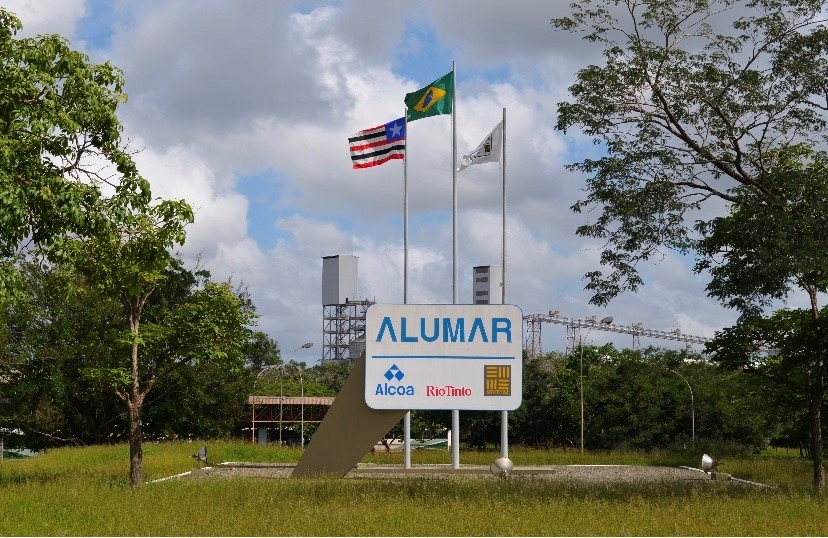

Alcoa has invested R$1.3 billion in projects to replace fossil fuels at the Maranhão Aluminium Consortium (Alumar), which was formed by Alcoa Corporation, Rio Tinto, and South32, and at the Poços de Caldas facility (MG) over the last two years. However, attaining net zero carbon emissions is the company's target by 2050.

Since the smelter was reactivated in April 2022 with an investment of R$1 billion, Alumar's aluminium production with 100% clean and renewable energy and minimal carbon emissions is already a reality.
The operating unit had also replaced diesel in the anode baking ovens with Flex Gas, which resulted in a 30 per cent reduction in carbon emissions and allowed the delivery of low-carbon aluminium to consumers.
The consortium supplies the national and international market with SGA (smelter grade alumina), which bears the EcoSource Sustana seal, as it is produced with half the carbon compared to the market.
In Poços de Caldas (MG), fossil fuel-burning boilers were switched over to natural gas, and some electric boilers were used, resulting in a 5.6-fold decrease in carbon emissions.
The mining unit houses the only Alcoa refinery in the world that produces NMA alumina (Non-Metallurgical Alumina), recognised as EcoSource and mainly utilised in water treatment, civil construction, and the glass sector, among other things.
Additionally, with an investment of R$330 million and the opening of the first filtering facility in Brazil in November 2022, this factory pioneered the method for disposing of bauxite waste and supported decarbonization.
Otávio Carvalheira, the CEO of Alcoa in Brazil, said, "The future of aluminium involves investing in renewable sources, optimizing bauxite extraction and the entire production process. It also involves innovation, with technological improvements that make it possible to expand production, reduce carbon emissions and invest in processes that have less impact on the environment."
Responses








